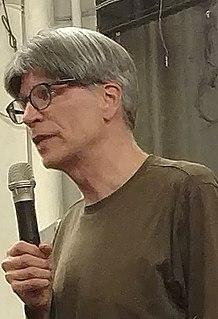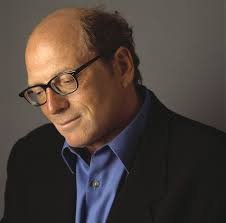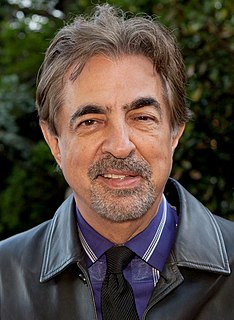A Quote by Richard Powers
Time passes, as the novelist says. The single most useful trick of fiction for our repair and refreshment: the defeat of time. A century of family saga and a ride up an escalator can take the same number of pages. Fiction sets any conversion rate, then changes it in a syllable. The narrator’s mother carries her child up the stairs and the reader follows, for days. But World War I passes in a paragraph. I needed 125 pages to get from Labor Day to Christmas vacation. In six more words, here’s spring.
Quote Topics
Any
Carries
Century
Changes
Child
Christmas
Conversion
Day
Days
Defeat
Escalator
Family
Fiction
Follows
Get
Her
Labor
Labor Day
More
Most
Mother
Narrator
Needed
Novelist
Number
Our
Pages
Paragraph
Passes
Rate
Reader
Refreshment
Repair
Ride
Saga
Same
Says
Sets
Single
Six
Spring
Stairs
Syllable
Take
Then
Time
Time Passes
Trick
Up
Useful
Vacation
War
Words
World
World War
World War I
Related Quotes
If I write a paragraph and I don't get a certain lift from it, if I don't feel connected to it emotionally, then it's dead to me. When I'm reading other fiction writers, if I don't get any emotional investment from the writer, if it's just intellectual or clever - you know, most writing that passes as deep is just clever - I don't feel any connection.
For me, it's a way to find a fiction within a fiction. To find a way to uncover that blunder within the "lie," because when you look closer, every "lie" - and I say that with quotation marks - can be much more complicated. Because that is what fiction is: it's probably the least important thing in the world. It's rich, but it is put-on, it passes the time. It borrows from the world, but it does not invent it.
Intimacy is not trapped within words. It passes through words. It passes. The truth is that intimates leave the room. Doors close. Faces move away from the window. Time passes. Voices recede into the dark. Death finally quiets the voice. And there is no way to deny it. No way to stand in the crowd, uttering one's family language.
I'm so used to artists saying to me, "Listen, I'm going to have five pages done next week," and then three weeks later I'm phoning them, begging them for two pages. And Stuart [Immonen]is a guy who will promise you five pages and deliver six pages, and the six pages are even better than you could have ever imagined.
Here is one of the fundamental defects of American fiction--perhaps the one character that sets it off sharply from all other known kinds of contemporary fiction. It habitually exhibits, not a man of delicate organization in revolt against the inexplicable tragedy of existence, but a man of low sensibilities and elemental desires yielding himself gladly to his environment, and so achieving what, under a third-rate civilization, passes for success. To get on: this is the aim. To weigh and reflect, to doubt and rebel: this is the thing to be avoided.
During my last year of college I wrote the same ten pages over and over again. Those ten pages became the first few pages of my first novel. I can still recite the opening paragraph from memory - only now I cringe when I do it because they are - surprise! - a classic example of overwriting, in addition to being a more than a little pretentious.
I think all of us begin as writers. I wanted to be a writer from the time I as eight, long before I heard of jazz. The question is, once you have that obsession, what is your subject going to be and you often don't know for some time. It might become fiction, it might be non-fiction, and if it's non-fiction it can go in any number of directions.






































